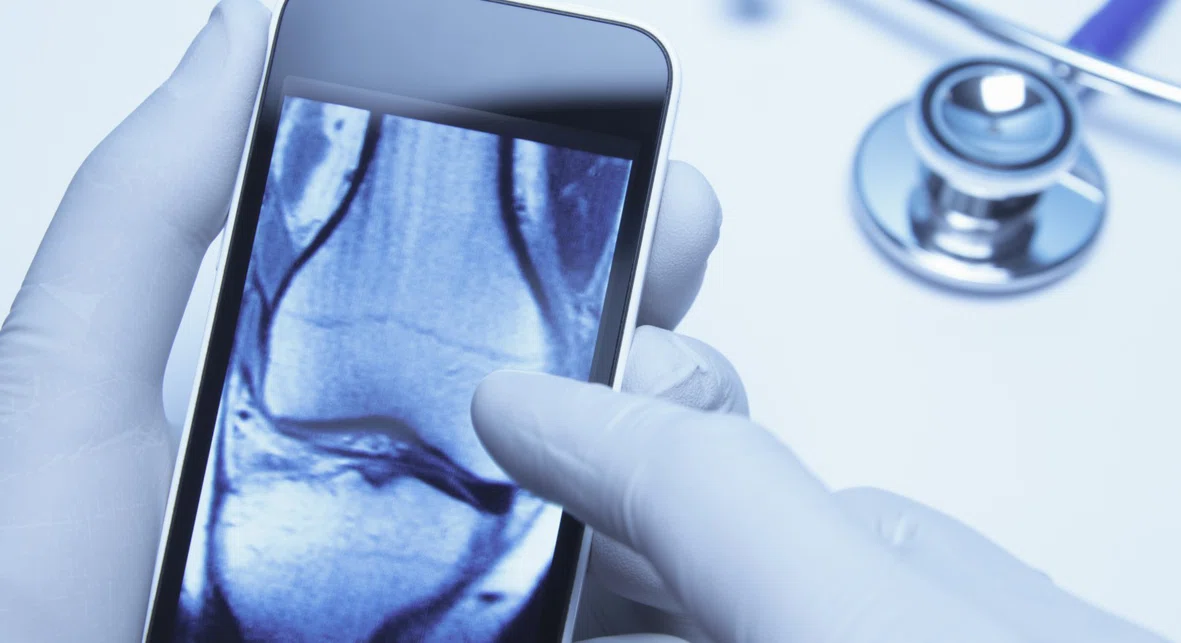
President’s letter
2020 Metrics
Cycle of Translation
Visionary Gifts

Discovery to Clinic

Innovative Education

Translational Luminaries
Introduction
The Ann Kimbell and John W. Johnson Center for Cellular Therapeutics
The Fondren Food & Health Alliance and The Fondren Inflammation Center
Cockrell Center for Advanced Therapeutics
Paula and Joseph C. “Rusty” Walter III Translational Research Initiative
Jerold B. Katz Academy of Translational Research
result
Outcomes Research
Precision Medicine
CPRIT Funding to Drive New Discoveries in Cancer Therapeutics
Siemens Healthineers and Houston Methodist Imaging Innovation Hub Empowers Researchers to Push the Boundaries
Novel Monoclonal Antibody Treatment Halts Tumor Growth in Deadly Ovarian and Pancreatic Cancers
Houston Methodist Institute for Technology, Innovation & Education (MITIESM)
Can Devices Provide A New Treatment Option for Glioblastoma?
Houston Methodist Hospital’s new Paula and Joseph C. “Rusty” Walter III Tower offers the Most advanced treatments and innovations available
Neuroimaging Offers New Insights into Neurodegeneration
COVID-19 Studies
Restorative Medicine
Houston Methodist and Rice University Launch Center for Translational Neural Prosthetics and Interfaces
Non-invasive Spinal Stimulation Enables Paralyzed People to Stand Unassisted
Dissolvable Implants Enhance the Body’s Ability to Heal Broken Bones
Cell Encapsulation May Hold the Key to Preventing Cell Transplant Rejection
Revolutionizing the Future of Complex Valve Disease Management



Science in Service
of
Medicineresult
President's letter
2020 Metrics
Cycle of Translation
Visionary Gifts of Hope


Introduction

The Ann Kimbell and John W. Johnson Center for Cellular Therapeutics

The Fondren Food & Health Alliance and The Fondren Inflammation Center

Cockrell Center for Advanced Therapeutics

Paula and Joseph C. “Rusty” Walter III Translational Research Initiative

Jerold B. Katz Academy of Translational Research

From Discovery to Clinic


Introduction

Restorative Medicine


Houston Methodist and Rice University Launch Center for Translational Neural Prosthetics and Interfaces

Non-invasive Spinal Stimulation Enables Paralyzed People to Stand Unassisted

Dissolvable Implants Enhance the Body’s Ability to Heal Broken Bones

Cell Encapsulation May Hold the Key to Preventing Cell Transplant Rejection

Revolutionizing the Future of Complex Valve Disease Management

Precision Medicine


CPRIT Funding to Drive New Discoveries in Cancer Therapeutics


An Innovative New Tool to Enable Drug Discovery and Personalized Medicine


Devising a Novel Combination Treatment for Aggressive Double-hit Lymphoma



Expanding the RNAcore to Encompass the Entire Cycle of a Cure


Siemens Healthineers and Houston Methodist Imaging Innovation Hub Empowers Researchers to Push the Boundaries

Novel Monoclonal Antibody Treatment Halts Tumor Growth in Deadly Ovarian and Pancreatic Cancers

Houston Methodist Institute for Technology, Innovation & Education (MITIESM)


Surgical Technology Developed in MITIE Gains FDA Approval


Pushing the Frontier of the Robotics Revolution

Can Devices Provide A New Treatment Option for Glioblastoma?

Houston Methodist Hospital’s new Paula and Joseph C. “Rusty” Walter III Tower offers the Most advanced treatments and innovations available

Neuroimaging Offers New Insights into Neurodegeneration

Translational Luminaries

Mobile App Improves Joint Replacement Surgery Outcomes

With close to 90 percent of the U.S. population having access to mobile devices, mobile health (mHealth) technology could transform how health care is delivered. Despite widespread recognition of its potential, there is limited evidence supporting the effectiveness of mHealth technology in a health care setting.
In an observational study published in the journal JMIR mHealth and uHealth, Houston Methodist investigators, led by Roberta Schwartz, PhD, chief innovation officer of Houston Methodist Hospital, show that effective use of patient-facing mHealth technology can significantly improve both clinical and patient-centered care outcomes.

Roberta Schwartz, PhD

Stephen Incavo, MD

Courtenay R. Bruce, JD, MA
The study compared the outcomes of 2,059 patients who underwent a total hip or knee replacement by orthopedic surgeons who used mHealth technology with 2,554 similar patients of nonparticipating surgeons for a year. In the mHealth group, the patients received one text or email message per day, some of which required responses while others were only informational, for 20 days prior to and 30 days following the joint replacement.

“We now know that mHealth technology is not only effective but significantly enhances patient outcomes. This is particularly important in the context of the rapidly evolving COVID-19 pandemic that has made mHealth services an integral part of patient care. The results of this study were so encouraging that what started as small pilot program in a few hospital departments has rapidly expanded to include 50 different therapeutic areas, benefitting more than 300,000 patients.”
Roberta Schwartz, PhD
Houston Methodist
“In our study, we observed a significant improvement in clinical outcomes among patients who used mHealth technology,” said senior author Courtenay R. Bruce, JD, MA, associate professor of medicine. “The participating group had a significantly shorter average hospital stay and lower post-surgical hospital readmission rates compared to the nonparticipating group. In addition, the participating group also had better patient-centered care outcomes such as patient engagement, experience and satisfaction.”
According to Bruce, a more engaged patient is a better informed and more empowered patient. And this ultimately translates to improved outcomes.










